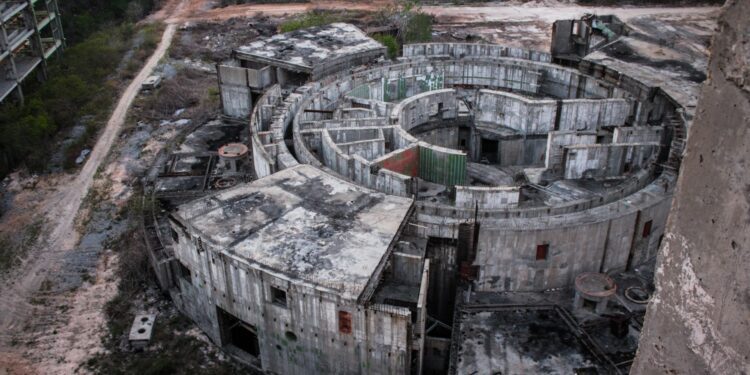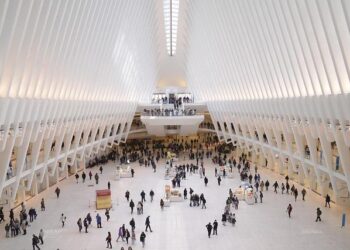9
It was left unfinished after the Chernobyl disasterCredit: Alamy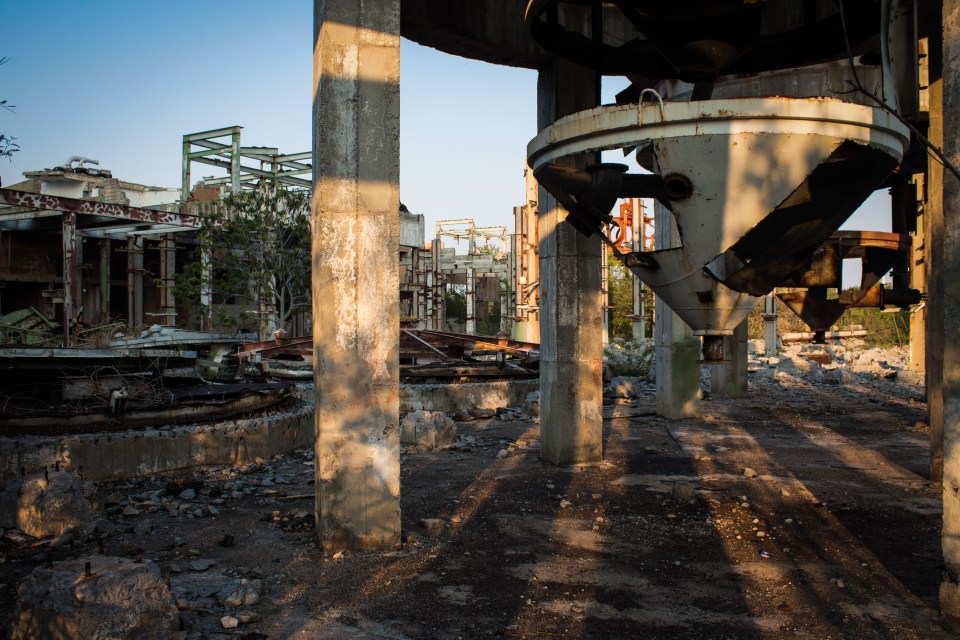
9
The plant resembles an apocalyptic scene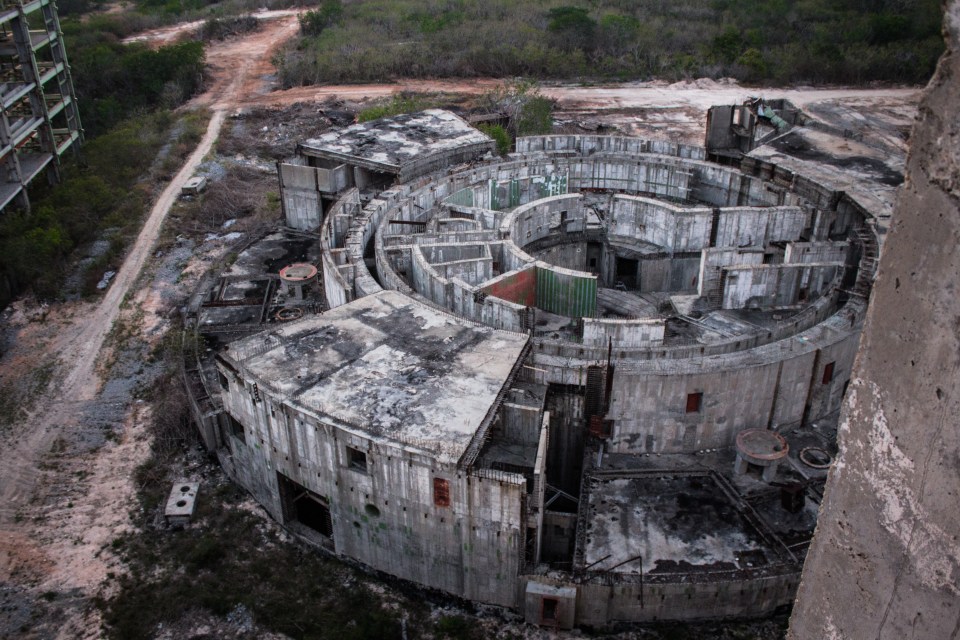
9
It looks like a maze filled with rusty equipment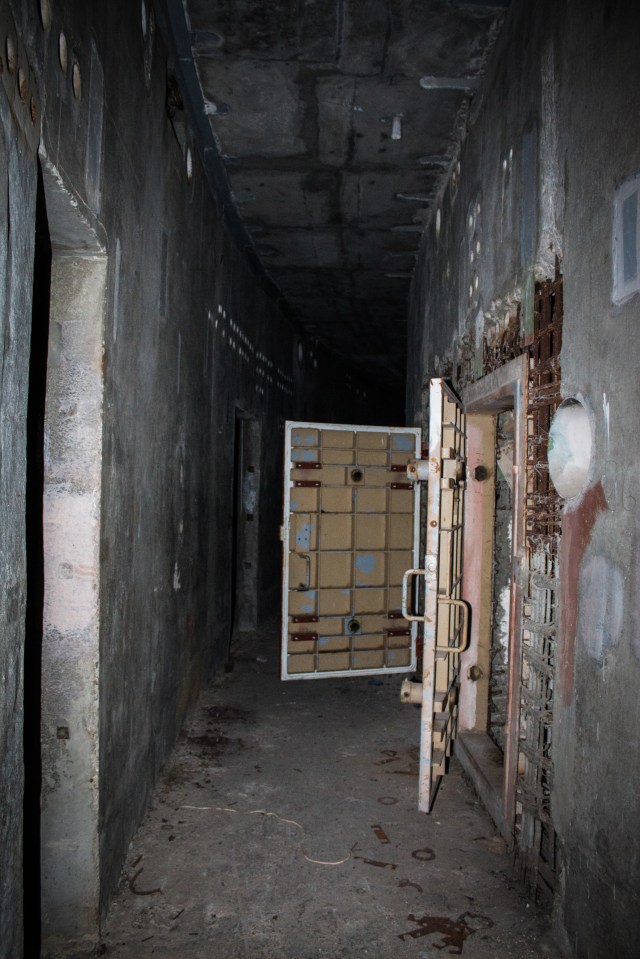
9
A walk through the corridors is like something out of a horror movie
But all it could become was an eerie-looking monolith that has been abandoned for decades.
Dramatic pictures show the torn-down site with tarnished walls and building blocks falling apart.
From a distance, the nuclear site appears to rise out of the sea – it’s a menacing dome of concrete cloaked in a tangled web of scaffolding.
And from inside, the abandoned power plant looks like a maze filled with rusty equipment.
Now the half-built plant – still protected by guards – sits eerily abandoned as a stark reminder of Cold War tensions.
Work on the Juragua plant began in 1980 when the Russians agreed to construct two 440-megawatt nuclear power reactors to aid Cuba’s increasing energy demands.
But its progress suffered long delays, raising accusations of incompetence and corruption.Â
Cuba’s revolutionary government, headed by Fidel Castro, had long been eyeing a nuclear plant as an answer to all its problems.
Funded with Soviet money, experts believed one of the power plant’s reactors would be enough to cater to almost 15 per cent of Cuba’s energy needs.
Foundations for both the reactors were soon laid as Russians pumped a staggering £1billion to set up a nuclear site near America.
Inside abandoned Antarctic clifftop ‘ghost station’ where Soviet boffins battled -90C gales 1000s of miles from anywhere
The reactor site dominates the narrow entrance to the bay of Cienfuegos, a southern industrial city where most of the factories are closed or barely operating.
Next to Juragua lies a “Nuclear City” – the half-built town of flats for plant workers, along with schools and a clinic.
About 1,200 workers used to live there with families to maintain the plant, while some poorly paid scientists used to run restaurants and hotels for extra cash.
Back in the day, Russia’s biggest enemy America strongly opposed the construction of the nuclear site, citing “threats to its national security”.
And fears ramped up even more when the infamous Soviet-built reactor in Chernobyl went down in the biggest nuclear catastrophe to date.
Although three-quarters of the plant had already been completed, work was halted in the 90s after the collapse of the Soviet Union.
But some 225 former Soviet technicians apparently stayed on in Cuba waiting to see if new credits might be granted by Moscow.
But Castro of Cuba announced the indefinite suspension of work on the nuclear power plant, the most extravagant Soviet-led development project on the island.
He declared: “To continue the work under new conditions proposed, and with such difficulties and obstacles, is impossible for our economy to bear.”
It was however nearly revived in a stunning 1997 plan.
Russian officials said they intended to resume construction and President Vladimir Putin visited Cuba three years later to float the idea with Castro.
Vlad is said to have offered $800million (£608million) to finish the job but Fidel turned him down.
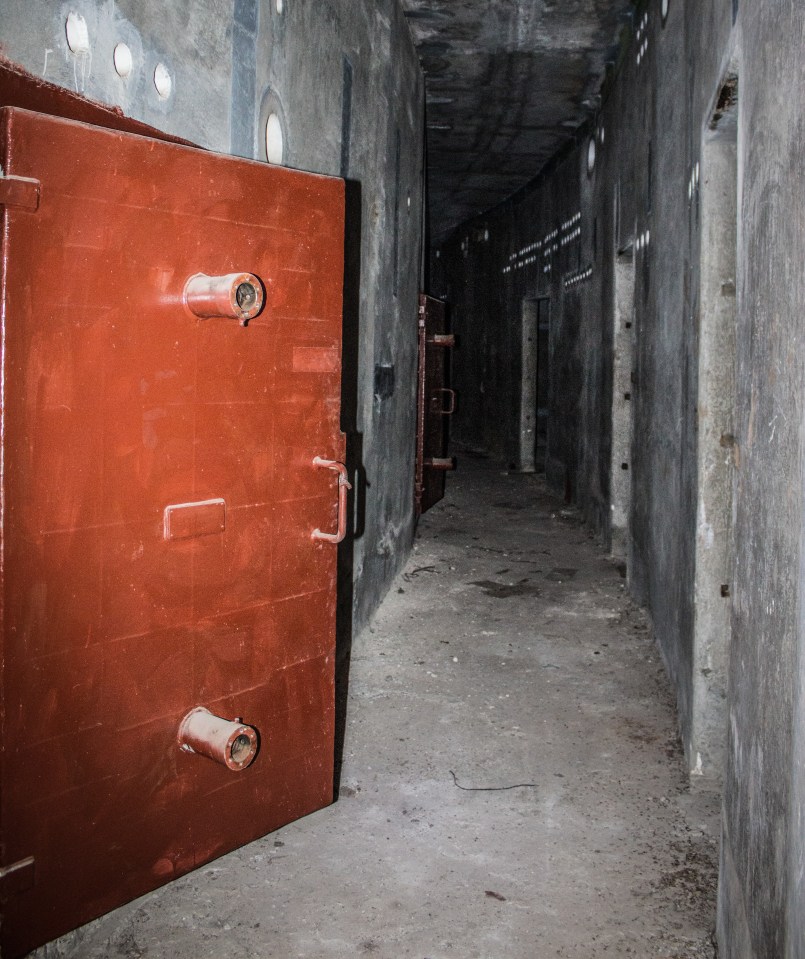
9
A creepy old corridor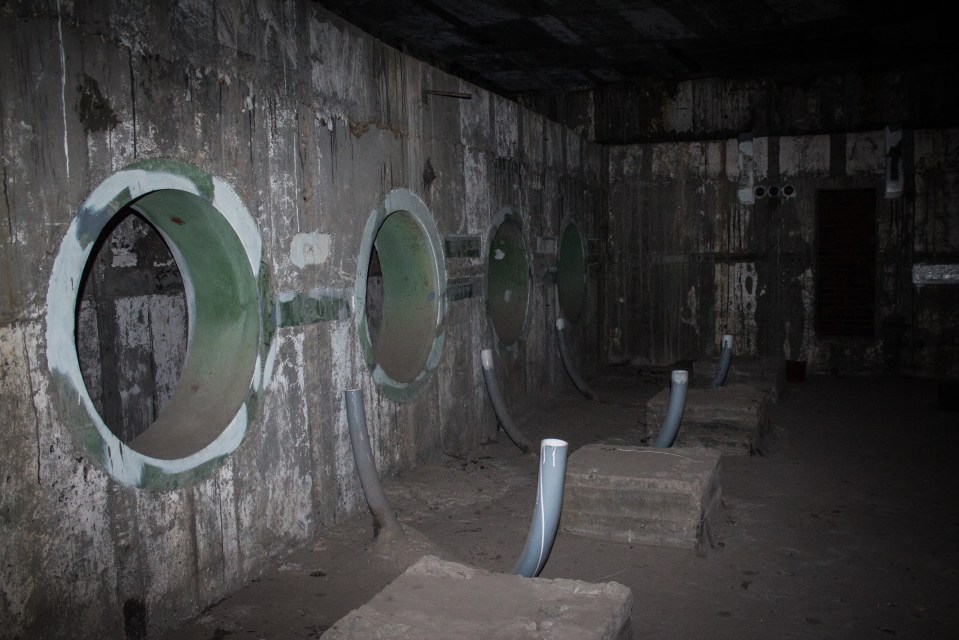
9
Another eerie interior scene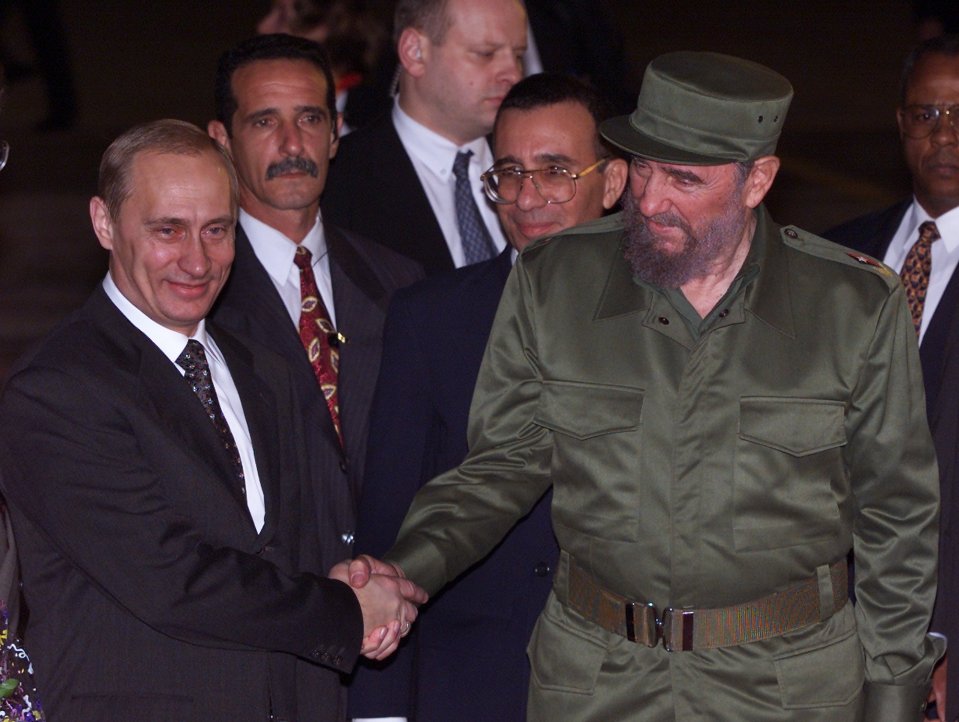
9
Vlad and former Cuban leader Fidel Castro in 2000Credit: AP Photo/Jose Goita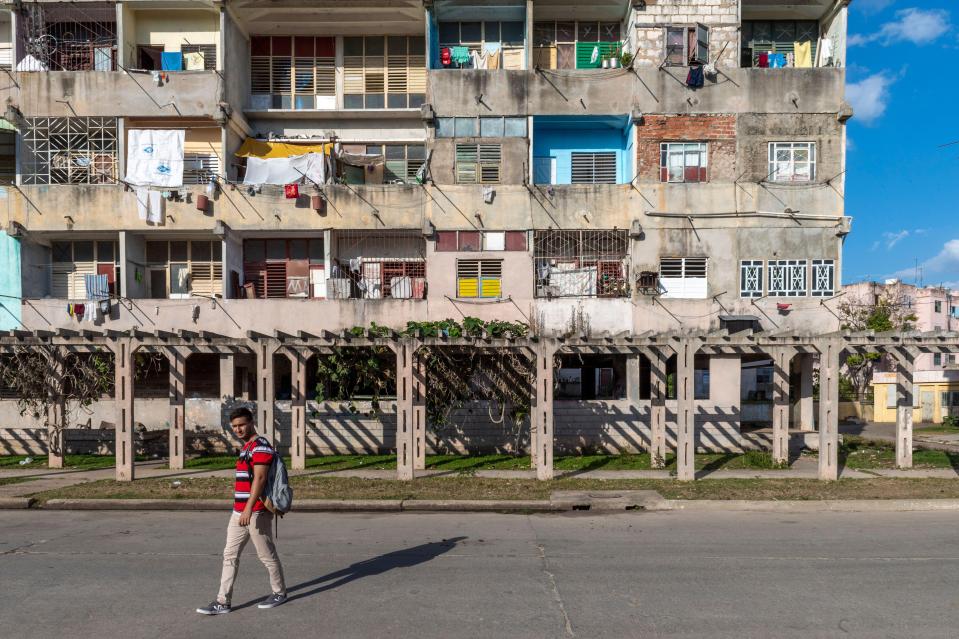
9
Rundown buildings neighbour the old plant
Source link : http://www.bing.com/news/apiclick.aspx?ref=FexRss&aid=&tid=66d89df5ef484955a281f150689490a6&url=https%3A%2F%2Fwww.thesun.co.uk%2Fnews%2F30254460%2Fsoviet-nuclear-cuba-chernobyl%2F&c=16446229860494485524&mkt=en-us
Author :
Publish date : 2024-09-04 06:47:00
Copyright for syndicated content belongs to the linked Source.

